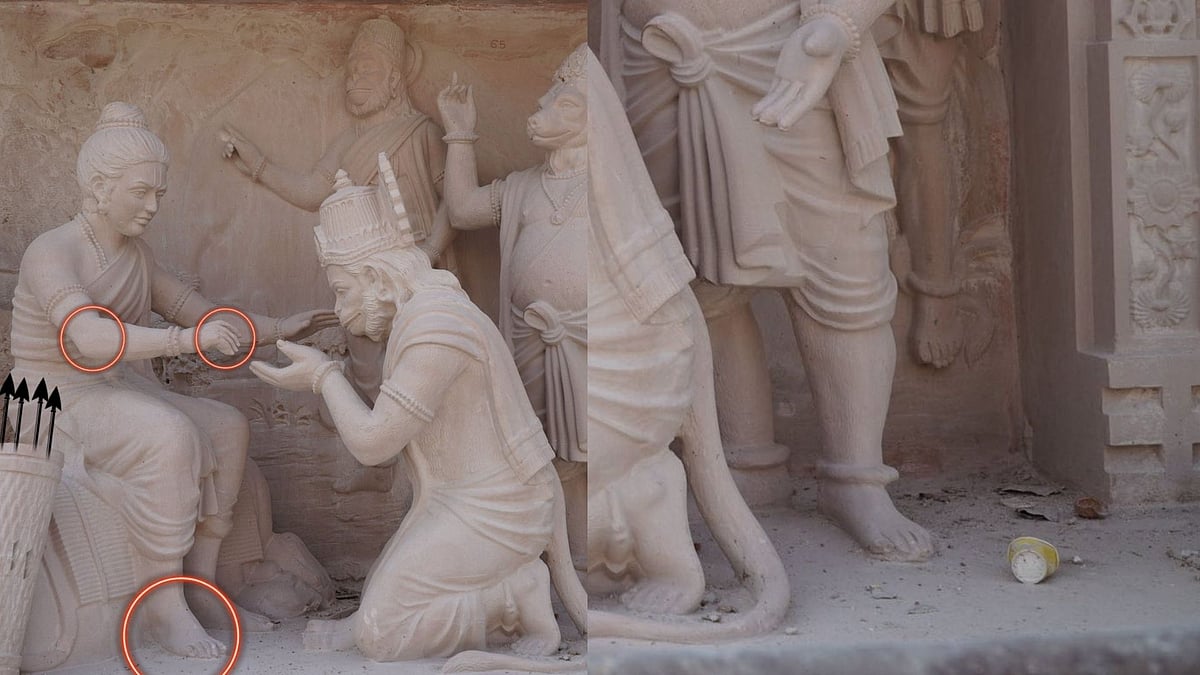Uttarakhand Chief Minister Pushkar Singh Dhami addressed the media on Monday (January 27), the first day when implementation of Uniform Civil Code (UCC) begins. The UCC has been a major issue of contention in India, with the ruling Bharatiya Janata Party (BJP) endorsing it while Congress and other parties opposing it. Uttarakhand has now become the first state in India to implement UCC.
Just what is Uniform Civil Code? And what will happen in Uttarakhand after its implementation? Read on.
Uniform Civil Code prescribes rules and procedures for citizens. These are applicable to everyone residing in Uttarakhand irrespective of religion (except for scheduled tribes and persons who are protected by empowered authorities.
The UCC rules comprise areas such as marriage, divorce, succession, inheritance, live-in relationship and others.
UCC in Uttarakhand will mandate that marriageable age for men and women is 21 years and 18 years respectively.
The UCC will ban polygamy and the practice of 'Halala'.
Marriages taking place after implementation of UCC will have to be registered within 60 days.
The UCC also mandates registration of live-in relationship. This is something that is likely to elicit reactions especially from younger section of the society.

For marriages solemnised before March 26, 2010 or outside Uttarakhand, registration can be done within six months of the UCC coming into effect. However, this is not mandatory.
The UCC will set up a framework for creation and cancellation of wills and supplementary documents. These are called codicils.
In case of a soldier, airman or sailor engaged in expedition or war, the UCC will provide for a privilege will. Rules for such a will have been kept flexible.







